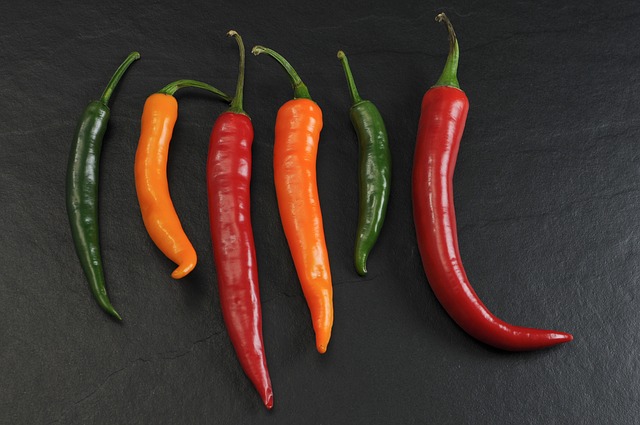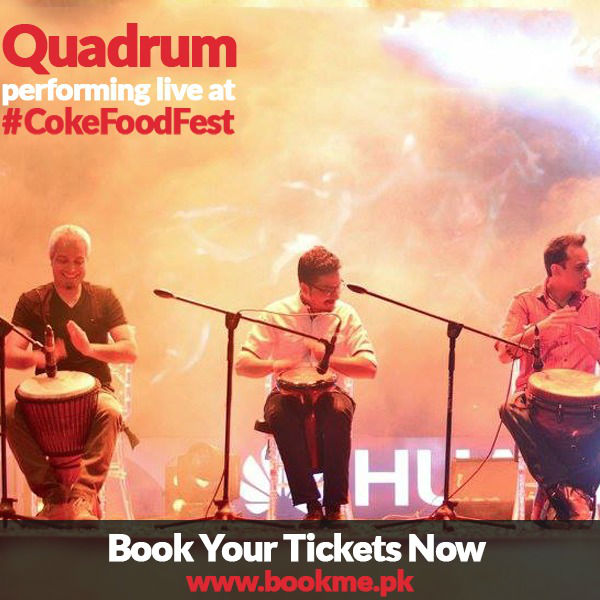Burns So Good: Why We Crave Spicy Food

Although we often describe food as “tasting,” spicy, when it comes right down to it, the relative spiciness of a dish is really just a matter of how painful the burning sensation in our mouths is. We are the only species that actively seek out spicy foods—in fact, capsaicin (the compound responsible for that addictive tingling) is meant to act as a deterrent. Why, then, is the craving for eye-watering, tongue-blistering foods so common among humans?
One popular theory is that it really is pure masochism. Choking down something so hot it feels like swallowing a firecracker gives you more than bragging rights—it allows you to experience the visceral thrill of danger without actually putting yourself in harm’s way. For whatever reason, the human brain gets a kick out of the delicate balance of belief and disbelief evoked by “safe” threats; the fear you feel just before plummeting down the track of a roller-coaster is undeniably real, but at the same time decidedly different from the kind of fear you would feel if, for example, you were a passenger on an air plane plummeting out of the sky.
On a similar note, studies have shown that the “pain” caused by ingesting spicy food actually causes your body to release pain-relieving neurotransmitters called endorphins. If this doesn’t sound like much, consider the fact that endorphins are also released during orgasm, and that they act through the same receptors that opiates like morphine do. In other words, your addiction to spicy food really is an addiction—though a harmless one.
There may be more at work than pure thrill seeking, though. Have you ever noticed that the spiciest dishes often come from equally hot climates? This is probably not a coincidence. We can chalk some of it up to the fact that there are more naturally-occurring spicy substances in these places—chilli peppers, for example, are native to the Central and South Americas, while spices like black pepper and turmeric grow in southern Asia. Consider, though, the fact that food spoils more quickly in these warmer climates. What better way to mask the acrid flavour of slightly off-colour meat than by slathering it in something spicy? You’ll be too preoccupied with your burning mouth and lips to notice any subtle differences in taste. What’s more, many spices act as antimicrobials, which means they may prevent you from getting sick when you do eat something that’s gone bad. Finally, spicy dishes not only tend to stimulate digestion—which often slows in hot weather—but also cause you to sweat and thus cool off.
The bottom line is, the next time you meet one of those people who just doesn’t understand the appeal of a dish that straddles the line between pleasure and pain, you can tell him that science is on your side. Between its drug-like properties and its disease-fighting powers, spicy food is definitely here to stay.








